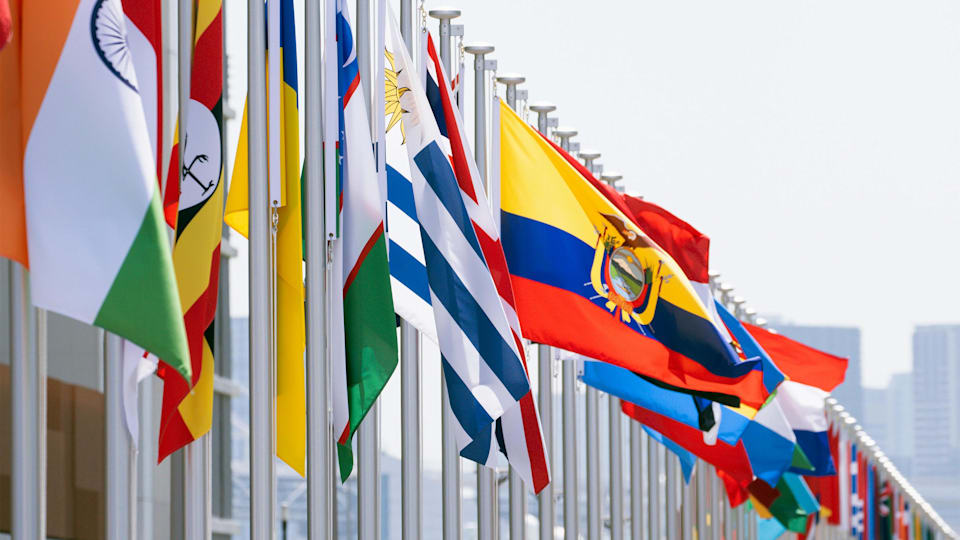NOCs scale up to fight competition manipulation

In close coordination with the OM Unit PMC, National Olympic Committees (NOCs) continue to play an important role in preventing competition manipulation in their respective countries. Here is a round-up of recent activities in chronological order, which concentrated on awareness-raising, coordination of key stakeholders at national level, capacity-building and setting up rules and policies. Many of the following initiatives were implemented with the support of INTERPOL, the United Nations Office on Drugs and Crime (UNODC) and the Council of Europe (CoE), all of which have specific expertise and competencies in this important field:
- Physical workshop for Latin America on 13 September in Buenos Aires, Argentina involving more than 70 representatives from six NOCs, law enforcement and state authorities.
- Webinar for German-speaking NOCs organised by the OM Unit PMC on 28 September, bringing together sports integrity experts from the NOCs of Germany, Austria, Switzerland, Liechtenstein and Luxembourg.
- Webinar for Central Europe on 17 October bringing together more than 70 participants representing NOCs and National Federations, law enforcement and state authorities from Hungary, Poland, the Czech Republic, Slovakia and Slovenia.
- A workshop for governments and NOCs from Africa, including the NOCs of Egypt, Cameroon, Ivory Coast, Morocco, Ghana, Tunis and Uganda, held in Rabat, Morocco, on 8 November.
- “Sport Integrity Week” from 27 November to 1 December in Athens, Greece, constituting the most comprehensive capacity-building initiative ever in this field.
NOC voices
Nil Güvenç Gürer from the NOC Türkiye attended the Sport Integrity Week in Athens and said:
“The Athens Integrity Week was a great experience. I learnt a lot of new things about this important topic. At the NOC, we have already started implementing what we learnt and are also working with our national stakeholders towards the development of a national platform. The interactive sessions helped me to understand better the role of the NOC and the way forward.”
Michelle Tousch from the NOC of Luxemburg, said after her participation in the webinar for German-speaking NOCs:
“I am new in my role, and thanks to the webinar I had the chance to understand the actions an NOC should take against competition manipulation, learn from the work of experienced NOCs in the field, and notably understand how we could cooperate with national stakeholders towards the development of a national platform. I look forward to implementing relevant activities to ensure that sport in our country is well protected against relevant threats.”
Tor Tamás, who represented the NOC of Hungary during the webinar for Central Europe, said this about his experience:
“Thanks to the webinar, we further understood the phenomenon, the role of NOCs and most importantly how to cooperate with police and government officials on the topics. After the webinar we further discussed with the stakeholders and have already agreed on future plans.”
NOC best practices
Meanwhile, activities like the ones described above have led to several initiatives started by the NOCs themselves. The latest example is the extended partnership between the Canadian Olympic Committee (COC) and the Canadian Centre for Ethics in Sport (CCES) to protect the integrity of sport and enhance the prevention of competition manipulation in Canada and internationally.
Another example comes from the NOC of Bosnia and Herzegovina, which recently organised its first Athletes’ Forum, bringing together current and former elite athletes. The NOC’s Believe in Sport ambassador, Lejla Njemcevic, was at the event to talk about sports integrity and how to prevent competition manipulation, referring to several real-life scenarios.